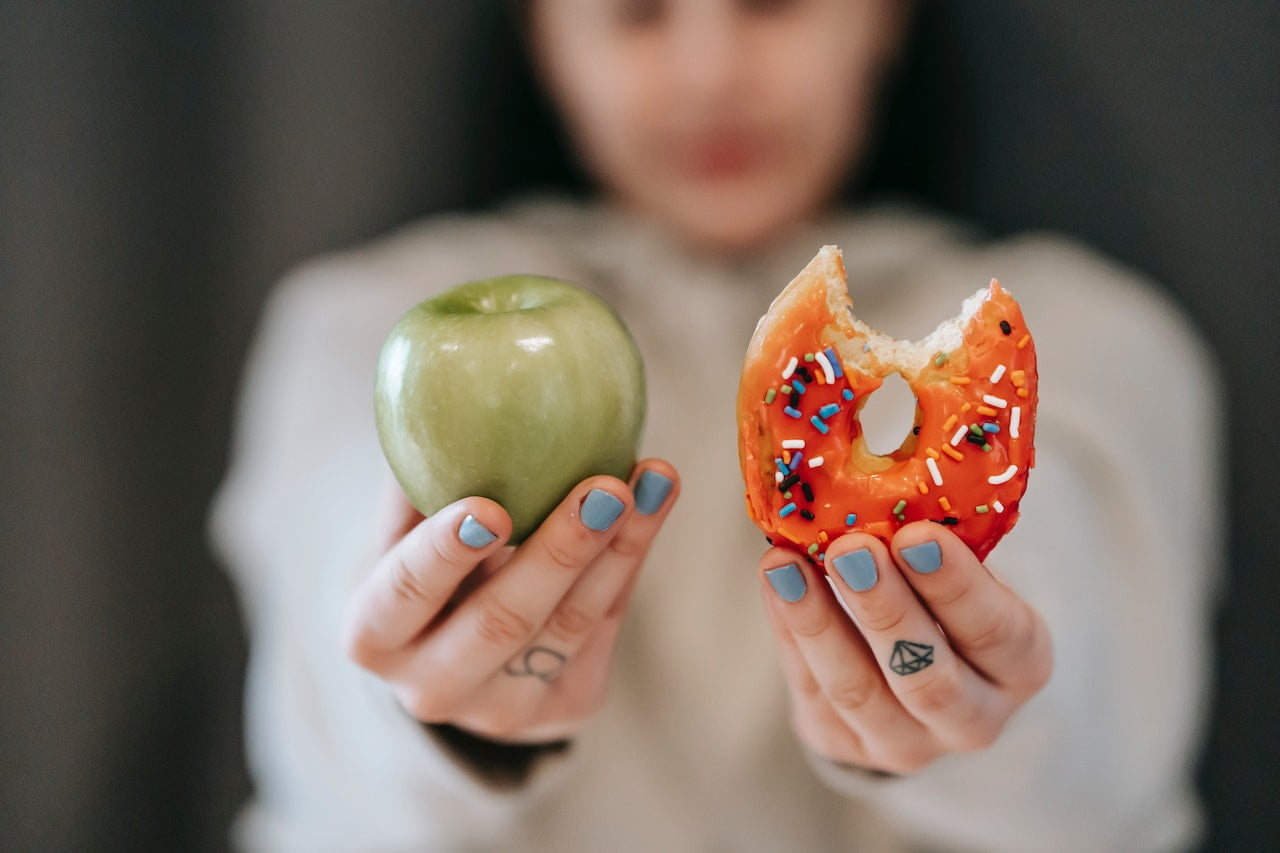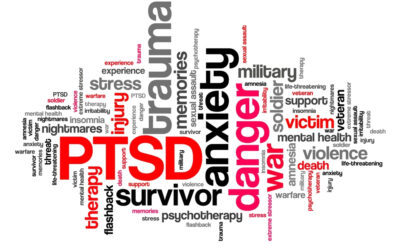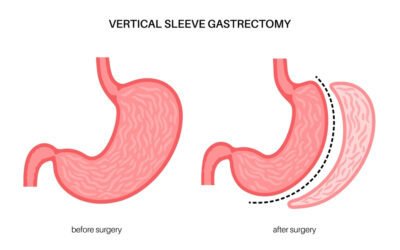Addiction recovery is an emotional journey filled with obstacles you must conquer. And one of the biggest challenges you’ll come across is learning how to overcome food cravings in addiction recovery. Foods often become a replacement for the substances we previously relied on as our brains search for a quick fix to cope with stress or discomfort. So, to prevent food from becoming your new addiction, we did thorough research with an experienced team. Here is how to overcome food cravings and achieve a balanced and healthy lifestyle during addiction recovery.
The Foundation of Nutrition in Addiction Recovery: How to Successfully Overcome Food Cravings
Embarking on the road to addiction recovery demands strength and resilience, and good nutrition serves as the fuel that empowers you to push forward. Like a revitalizing tonic, a well-balanced diet replenishes the vital nutrients depleted during the darker days of addiction, mending the body and lifting the fog from the mind. With each nourishing meal, your body becomes a fortress, better equipped to handle the challenges of recovery, while your mind gains clarity and focus.

A wholesome, nutrient-dense diet supports physical healing and fosters mental and emotional stability, creating a harmonious environment for lasting recovery. In fact, nutrition is so important that experts in addiction recovery from Archstone Behavioral Health advise that making informed food choices sets the stage for a successful and sustainable recovery. So, let’s find out how to overcome food cravings in addiction recovery and focus on building a healthy and nourishing diet.
1. Mindful Munching.
Mindfulness is a powerful tool, and one of the things it can help you with is managing food cravings. By focusing on the present and current moment, you can learn to identify and address the root cause of your food cravings. Here’s how you can replace your unhealthy munching with mindful and smart snacking:
- Recognize the craving: When you feel the urge to indulge, take a moment to pause and acknowledge the craving. Understanding what’s driving your desire to eat can help you make conscious decisions about your consumption.
- Assess your hunger: Are you actually hungry, or is it emotional eating? If you’re not hungry, remind yourself of your recovery goals and seek healthier ways to cope with stress or discomfort.
- Savor each bite: When you do eat, take your time and fully experience the taste, texture, and aroma of the food. This mindful approach will help you feel more satisfied and less likely to overeat.
2. The Power of Protein.
Protein-packed meals can help combat food cravings in addiction recovery. Protein-rich foods provide a slow, steady energy source, preventing blood sugar spikes that can trigger cravings. Additionally, protein helps to build and repair muscle tissue, supporting your body’s recovery process. Try incorporating lean meats, fish, eggs, nuts, and legumes into your daily meals to keep your cravings at bay and promote overall health.
3. Hydration: Your Secret Weapon.
Dehydration can often masquerade as hunger, leading to unnecessary snacking. So to avoid this pitfall, you need to make hydration a priority. After all, water is easily the number one on the list of the healthiest beverages in the world. Make it a point to drink at least eight glasses of water daily, and consider adding flavor with a splash of lemon or a few slices of cucumber. Herbal teas and sugar-free infused waters are also great alternatives for staying hydrated. Remember, staying hydrated can help you feel fuller and more satisfied throughout the day, preventing mindless snacking.
4. Manage Stress with Healthy Coping Strategies.
Stress is a common trigger for food cravings, so finding healthy ways to manage it during addiction recovery is essential. To find what works best for you, explore different stress-reduction techniques, such as deep breathing exercises, meditation, journaling, or engaging in creative hobbies like painting or playing an instrument. By understanding what triggers your stress and what stress relievers can help you, you can create a healthy routinethat is perfect for your needs. This way, you’ll be better equipped to resist cravings and maintain your recovery journey.
5. Seek Support from Your Tribe.

A strong support network is paramount for a successful addiction recovery and overcoming obstacles that come with it. This includes overcoming food cravings, too. Connect with friends, family, or support groups to share your challenges and successes. By seeking help from others, you’ll gain valuable insights and encouragement to stay on track. After all, many people from your support group have been where you are now, and they will be more than happy to help. The good idea is to work with a nutritionist or registered dietitian to create a personalized meal plan that fits your needs while healing.
6. Find Your Balance with Exercise.
Exercise is an excellent way to manage food cravings, as it helps regulate appetite, boosts mood, and reduces stress. Physical movement stimulates the release of endorphins, the “feel-good” chemicals in the brain, which can help you resist the urge to snack. Aim for at least 30 minutes of moderate exercise most days of the week, and don’t forget to mix things up with various activities to keep it engaging and fun.
Whether it’s brisk walking, swimming, dancing, or yoga, find a form of exercise you enjoy and can maintain long-term. Not only will this help you manage cravings, but it will also improve your overall physical and mental health. Plus, when you put so much effort into it, you’ll become much more mindful of what you eat after you exercise.
7. Sleep: A Restorative Remedy.
A good night’s sleep is essential for addiction recovery and managing food cravings. Sleep deprivation can lead to increased hunger, especially for high-calorie, sugary foods. This is because insufficient sleep disrupts the balance of hunger-regulating hormones, ghrelin, and leptin. To improve your sleep hygiene, have a regular bedtime routine, eat foods that can help you sleep faster, limit your screen time before bed, and create a sleep-friendly environment. Prioritizing sleep will help you manage your cravings and support your overall well-being.
8. Be Kind to Yourself.

Lastly, remember that overcoming food cravings is a process, and it’s natural to experience setbacks along the way. Practice self-compassion, and view these moments as opportunities to learn and grow. Understand that progress is not linear, and you must be patient with yourself as you navigate this journey. More importantly, you need to be kind and compassionate to yourself and accept that it’s normal to make mistakes and experience knocks during this challenging journey. With patience, persistence, and self-love, you’ll be on your way to a healthier, happier lifestyle.
Caption: Although you’ll probably experience setbacks, staying positive and kind to yourself is essential.
Savor the Journey.
A thriving, addiction-free life requires an unwavering commitment to nourish your body, mind, and soul. While food cravings may initially seem like a towering adversary, remember that the power to overcome them lies within you. By adopting practical strategies, such as mindfulness, adequate hydration, and a well-rounded diet, you fortify your resolve and transform these challenges into opportunities for growth.
Remember, the journey to a healthier you is a marathon, not a sprint. So, to successfully overcome food cravings in addiction recovery or overpower any other obstacle, you must embrace this journey with patience, courage, and determination. This way, you’ll overcome food cravings and nourish your body, mind, and soul, creating a solid foundation for lifelong recovery and well-being. You’ll emerge as a testament to the resilience of the human spirit.

 Workout
Workout
 Meditation
Meditation


 Stories
Stories


 Podcast
Podcast E-book
E-book















